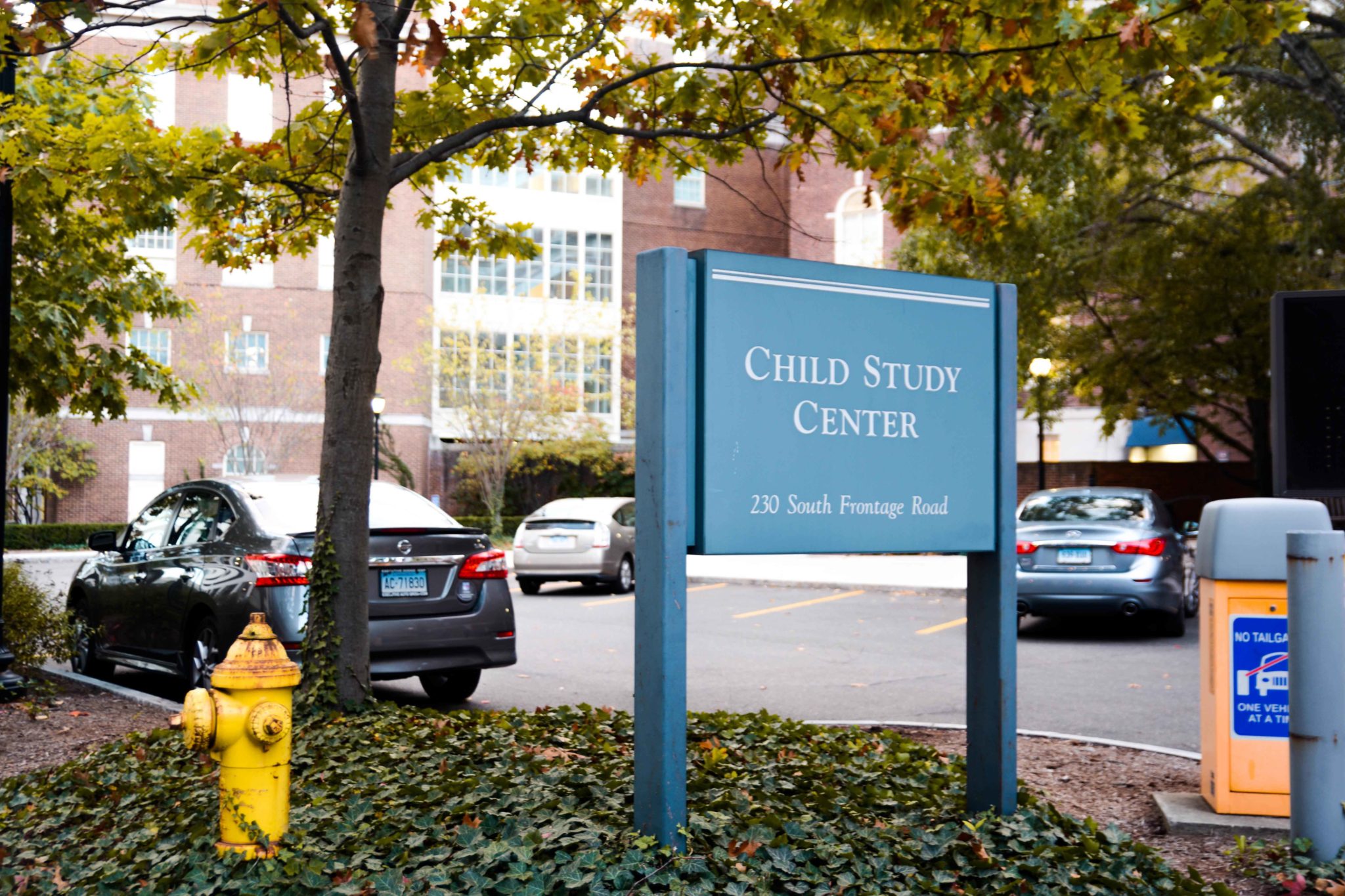
Yale Daily News
A Yale study found that secure attachments between monkey parents and their offspring lead to benefits that can last for generations.
Led by Amanda Dettmer, associate research scientist at the Child Study Center, the study involved faculty at several institutions and analyzed data from over 650 mother-infant rhesus monkey pairs. The researchers’ aim was to determine if early life adversity would persist through future generations, and if so, whether this was due to epigenetic influences or parenting.
Using archives of data on rhesus monkeys that spanned several decades, the researchers randomly assigned the monkey mothers and their offspring to two different categories: being reared by their mothers (early secure attachment) or in a nursery with human caregivers (atypical attachment).
After eight months in the two separate experiences, all monkeys were then raised together. Because of this, the researchers could attribute all of their results to the first eight months of the monkeys’ lives.
“We found that, particularly for offspring who also were reared by their mothers, having a mother who was mother-reared conferred the most benefits later in life,” Dettmer wrote in an email to the News. “[They] were less likely to require health interventions … and more likely to be higher ranked in the social hierarchy.”
James Heckman, a Nobel prize-winning professor of economics at the University of Chicago and a co-author in the study, said that the behavioral changes in the monkeys were dramatic. According to him, the monkeys who were raised by their mothers and formed secure attachments were more outgoing, curious and confident to explore the world around them than the nursery-reared offspring.
Heckman said that it is known from human studies that exploration is critical for learning in both primates and humans. Therefore, the monkeys who suffered early-life adversity — in the form of atypical attachments — and were more reserved, serve as a model for insecurely attached children who might face educational difficulties.
“Education is a stretch, because these monkeys aren’t going to school,” Heckman said. “[But] these monkeys who are able to and feel more confident to go out and explore the world will fundamentally learn better.”
Dettmer also wrote that rhesus monkeys are a great model organism because of their genetic, social and behavioral similarities to humans. According to Dettmer, researchers can also randomize their social experiences, which cannot be done with humans.
Victor Ronda, assistant professor of economics at Aarhus University and another author of the paper, explained that the study’s methods allowed the authors to differentiate between epigenetic effects — alterations in gene expression due to the environment — and parenting as the mechanism for passing down early-life experiences.
“We found strong evidence that parenting is the main channel of intergenerational transmission of early life adversity [and] that the effects of maternal early-life adversity are only present for the offspring reared with their mothers,” Ronda wrote in an email to the News.
Both Ronda and Dettmer believe that the study could have implications for future experiments on humans and for education policy. According to Ronda, it is important to prevent disadvantages that persist across generations by providing young children from underprivileged backgrounds with the support they need.
Dettmer believes that the study’s findings should encourage policymakers to invest in programs for the development of early life attachments. She believes that these programs could have positive effects on individuals’ social abilities in future generations.
Heckman argues that the findings could be interpreted as supporting evidence for the nurture side of the classic debate in evolutionary biology.
“In the ancient, perennial, persistent, problem of nature versus nurture, we saw a real effect of nurture,” Heckman said. “We can separate them by random assignment and separate their children by random assignment, and by going down the chain we can actually start understanding how important parenting can be.”
Dettmer, Ronda and Heckman all believe the next steps for this area of research is understanding epigenetic and biological markers for these intergenerational persistence effects. Using frozen biological samples, Dettmer hopes to determine if changes in DNA methylation and markers of inflammation — both epigenetic effects — could also impact the offspring’s outcomes.
Associate Professor of Psychology and Neuroscience Steve Chang believes the study’s results could be an important stepping stone for future socio-developmental research.
“The results from this work document long-lasting intergenerational impacts of positive, socially-appropriate, parental care leading to various life advantages,” Chang wrote in an email to the News. “[They] are particularly noteworthy for showing how important it is to receive appropriate social interactions (in the case of rhesus macaques, from mothers) during development for us and for our future generations.”
Researchers at the Washington University in St. Louis found that rhesus monkeys have a genetic similarity of about 93 percent with humans.
Beatriz Horta | beatriz.horta@yale.edu







